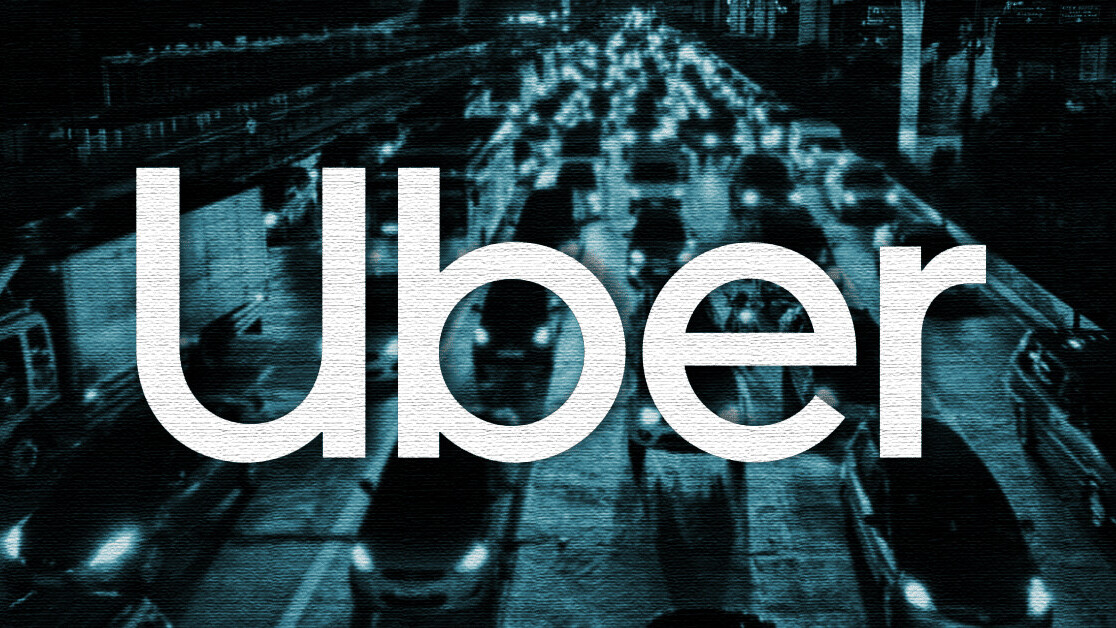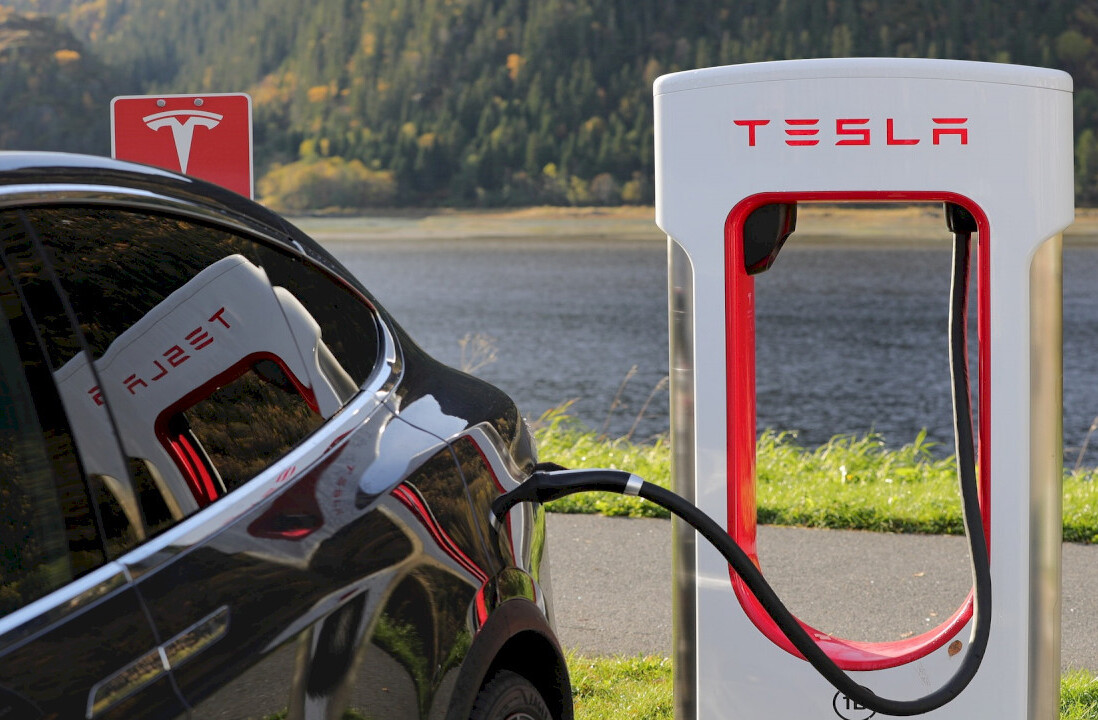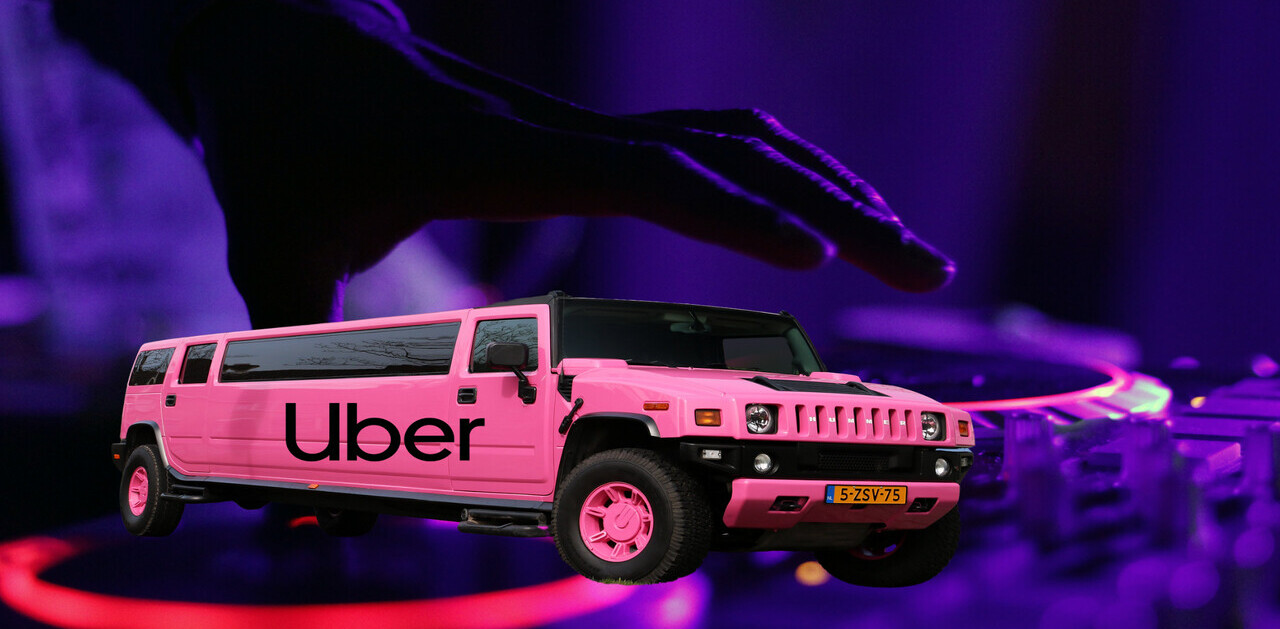
Well, well, well. Isn’t this a turn up for the books. Ride-hailing giant Uber is doing as it’s told and will pay its British workers a proper minimum wage, pension, and holiday pay.
As the BBC reports, Uber has said that it will pay its 70,000 UK-based drivers the nation’s national minimum living wage of £8.72 ($12.14) an hour to over-25s — but with a big juicy caveat.
Uber said that it did not expect the change to result in higher fares. This is surprising for a company still struggling to turn a consistent profit, it’s not exactly clear where or how it’ll absorb the costs — but it probably has to do with their interpretation of the courts ruling.
The Supreme Court’s ruling states that drivers should be paid from the moment they log on to the app, to when they log off. However, Uber is only committing to paying drivers a minimum wage for the time they’re actually transporting a passenger.
In reality, drivers are still going to be shortchanged for their time, and won’t be reimbursed for the time traveling between jobs.
Uber has continually argued against rulings which demand it to pay its drivers appropriate benefits for the work they do.
However, in the UK last month the country’s Supreme Court made a final ruling in a case that started back in 2016. The decision stated that Uber must recognize its drivers as workers, and subsequently pay them a minimum wage, and other benefits.
It’s not all bad
Drivers still get to keep something that has been incredibly important to their working conditions. Drivers will retain the freedom to choose if, when, and where they drive.
Uber has previously conflated its workers’ status with flexibility, saying that if it had to recognize workers as employees drivers wouldn’t get to choose when they work. This proves that doesn’t have to be the case.
Following the Supreme Court’s ruling, it looked like Uber was going to try and find a way to weasel its way out of its responsibility yet again. Which it kind of has done, by not fully committing to paying drivers for the whole time they’re on the app.
However, because the UK is no longer part of the European Union, and the Supreme Court is the country’s highest court, the ride-hailing giant had nowhere to escalate the case to in an attempt to buy itself more time.
Uber then has taken the decision to do the absolute bare minimum allowed — big surprise.
Taking on Uber’s Goliath, the Supreme Court’s ruling is beginning to reshape the gig-economy, and marks a massive challenge for the ride-hailing company. Hopefully for the better, but there’s still a way to go before Uber follows the ruling entirely to the letter.
It seems, no matter what the cost, Uber just has to disrupt.
Do EVs excite your electrons? Do ebikes get your wheels spinning? Do self-driving cars get you all charged up?
Then you need the weekly SHIFT newsletter in your life. Click here to sign up.
Get the TNW newsletter
Get the most important tech news in your inbox each week.




